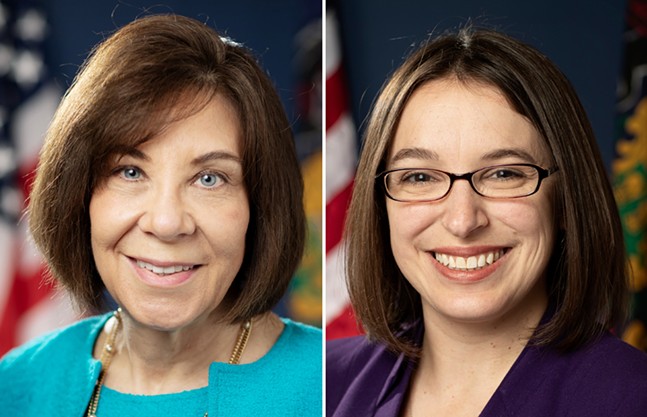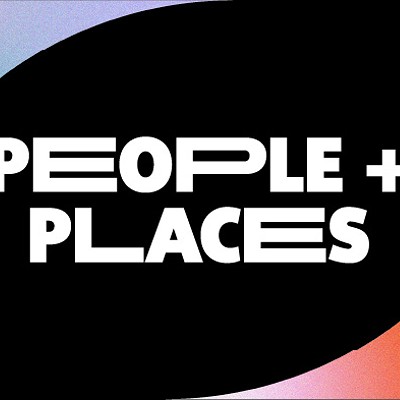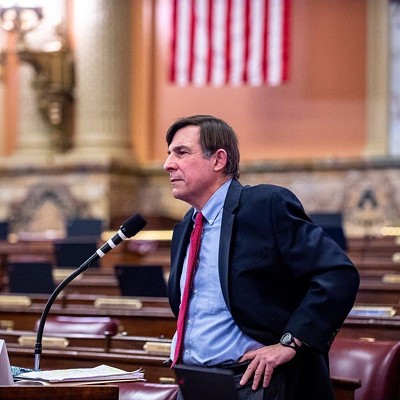During a vote on the state budget, Lt. Gov. John Fetterman (D-Braddock) ceded the floor to state Sen. Katie Muth (D-Montgomery) who then read the letter from a constituent who had benefited from the state’s General Assistance program, which provides money so Pennsylvanians with the lowest incomes can purchase necessities.
But, Senate Majority Leader Jake Corman (R-Centre) objected to Fetterman and said he was breaking the rules of the Senate chamber by allowing Muth to speak. Corman then continued to shout at Fetterman, all while Muth was attempting to read the letter. The Senate Republicans released a letter yesterday condemning Fetterman’s "self-righteous defiance of the rules."
A video of the encounter went viral, and Muth even appeared on MSNBC yesterday to explain the incident to a national audience.
Eventually the bill passed the state Senate on party lines and was signed by Gov. Tom Wolf (D-York), removing the General Assistance from this year's budget, but two local state senators want to bring a similar program back.State @SenatorMuth refused to stop reading a letter from a man who experienced homelessness even though her male colleague tried to shout her down for minutes on end pic.twitter.com/BwsvOC3i6v
— NowThis (@nowthisnews) June 28, 2019
State Sens. Pam Iovino (D-Mount Lebanon) and Lindsey Williams (D-West View) are sponsoring a memo with the intention to introduce legislation that is similar to the now eliminated General Assistance program.
The memo, which is also sponsored by Muth and state Sen. Maria Collett (D-Montgomery), called the proposal the Emergency Relief Program and describes it as a “temporary emergency assistance for the most vulnerable populations with immediate and urgent need.”
The Emergency Relief Program would provide an average of $200 a month for eligible individuals and would act like a loan for those who are on the path to receiving federal assistance, like social security, but have not received federal payments yet.
Iovino says this program is necessary because the elimination of General Assistance has cut off critical support for a highly at-risk population in her district and Pennsylvania.
“It is a basic stopgap protection for some of the most vulnerable, including veterans with service-connected disabilities who are unable to work, those who are seeking treatment for addiction, and those escaping domestic abuse,” says Iovino.
She says the state money to provide the assistance would justify itself by avoiding costly interventions the state would have to make for vulnerable populations.
Williams says that the Emergency Relief Program is important in order to break the cycle of homelessness and poverty that some Pennsylvanians experience.
Despite economic rebounds in many parts of Pennsylvania, including Pittsburgh, poverty rates in places like Allegheny, Beaver, and Erie Counties have only seen minor decreases over the last few years. Income inequality in the Pittsburgh region has also been increasing, especially between white and Black residents.
Williams says Emergency Relief “can make a real difference” and would allow people in dire financial situations to pay medical co-pays, bus fare, or rent. But, the bill likely has slim chances at passing in a Republican-controlled legislature, whose caucus voted overwhelmingly to end the General Assistance program.
“Emergency Relief is a small temporary program with a huge impact — it offers our most vulnerable neighbors a bridge to self-sufficiency by giving them resources to navigate a time of crisis,” says Williams.



















